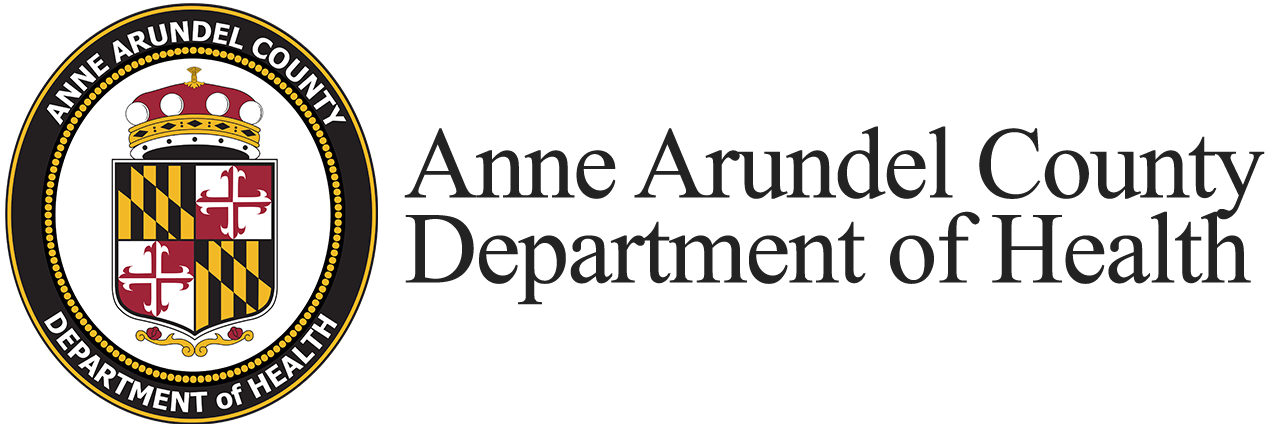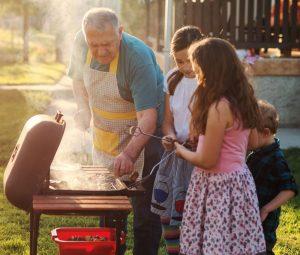Keep Food Safe Wherever You Go This Summer
The Department of Health wants to help you reduce your risk of getting a foodborne illness this summer. In 2022 in Anne Arundel County, there were 92 confirmed or probable cases of salmonellosis, a disease often transmitted through contact with contaminated foods. The national Centers for Disease Control and Prevention estimate that 48 million Americans get sick from foodborne illnesses each year. Infants, the elderly and the immunosuppressed are at greatest risk of severe foodborne illnesses.
Before you pack your picnic or fire up the grill, remember these summer food safety tips from the Department of Health:
At the supermarket:
Buy cold foods like meat and poultry last. Ask the cashier or bagger to wrap raw meat in separate plastic bags so juices can’t leak onto other foods.
At home:
Place meat, poultry and perishables in the refrigerator immediately; if you don’t plan on cooking poultry or ground meat in one to two days, put it in the freezer. Wash hands and surfaces with warm, soapy water before and after handling food. Thoroughly wash fresh produce.
On the grill:
Using a food thermometer, check the internal temperature of meat and poultry. Poultry should reach 165 F; ground beef and ground pork, 160 F. Pork, veal, lamb steaks, beef steaks or roasts, and most other roasts and chops should be cooked to 145 F. See Grilling and Food Safety.
On display:
Always keep hot foods hot and cold foods cold! Keep cooked meats on a heated grill rack, in a warm oven or other heated container. Serve cold foods immediately, on ice or in a cooled container. Perishable food should not be kept out for more than two hours or more than one hour on days when temperatures reach 90 F.
In the cooler:
Keep perishable foods such as lunchmeats, fried chicken and potato or pasta salads in a cooler with a cold source. Keep the cooler out of the sun or under a cover.
Wherever you go:
Always wash your hands before and after eating.

